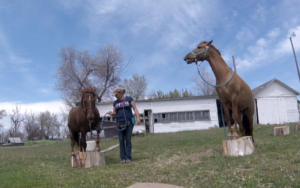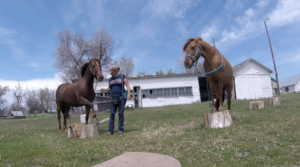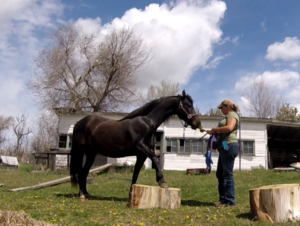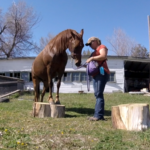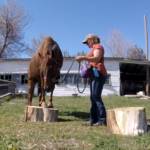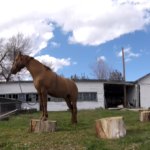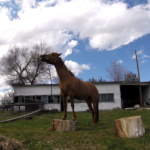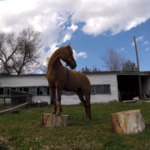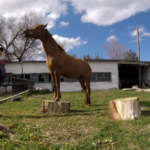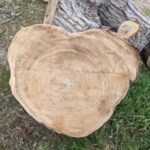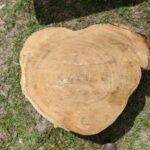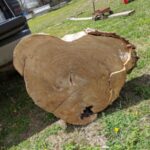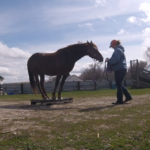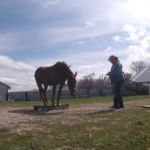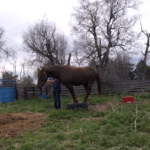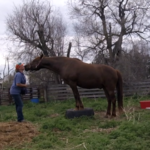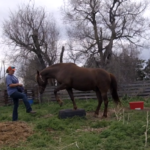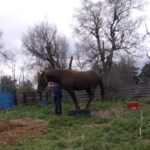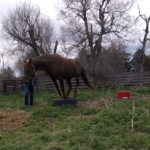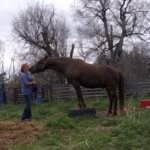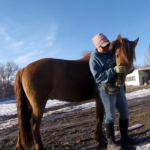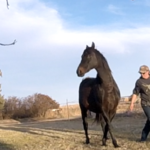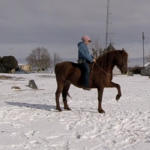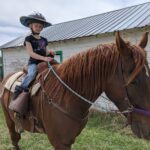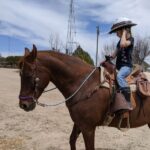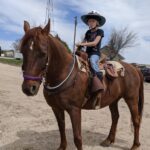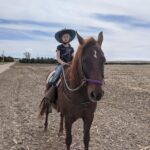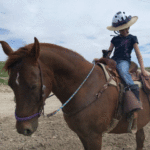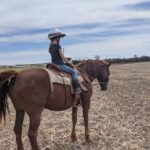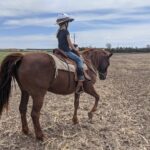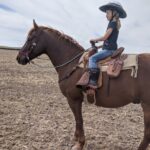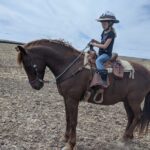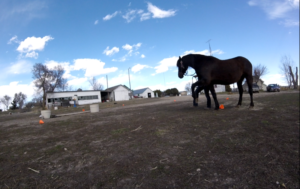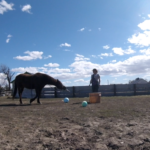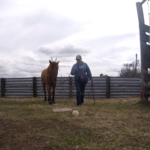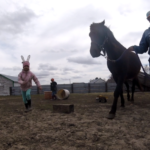I have a friend who is great at working multiple horses at liberty.
Sometimes I would look at her and the things she is doing and say that it’s nice that she can do that. My horses can’t though. It’s different. They are different. If my horses were like hers then we could do it too. But they aren’t so we can’t.
Rusty is out there chasing and trying to eat any horse that gets close. There’s no way we could ever manage something new and different like that.
We all have a tendency to look at new things with that outlook.
Sure THEY can do it, but only because their horses just happen to be able to. Only because they’re lucky. Only because things happen to be just right for them.
It’s different for me. My horse doesn’t know how. I’ve tried it didn’t work. We just can’t.
That’s not how it works though.
Every time someone says oh, your horse is so smart to know how to do that I have to laugh a little inside. My horse didn’t come knowing anything but how to run people over. Anything he knows is a result of hard work and training. Yes he is extra smart and willing but without guidance that could all be used to wreck havoc on the world instead of to do good.
The last time I thought that about my friend and her horses I stopped and really thought about it. Instead of saying I can’t what if I thought about what it would take to make it so that I could? Sure the end step was impossible for us just then but what about a tiny step towards that goal? How could I work with my horses to help them to be able to handle working together?
Everything is impossible if we only look at the end goal. If instead we look at the tiny steps everything is possible!
